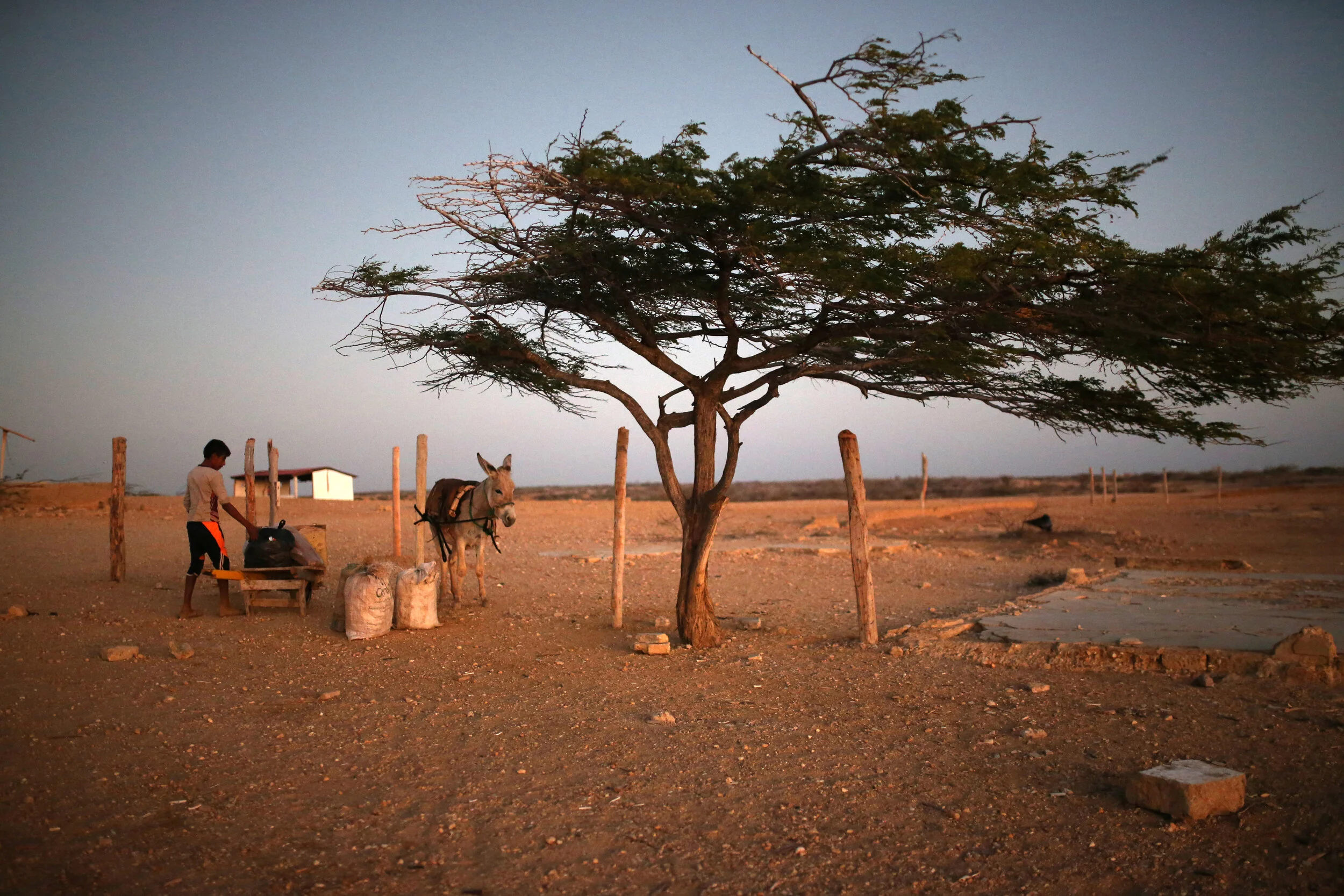Transgender people face discrimination, violence amid Latin American quarantines
Alis Nicolette Rodriguez is bracing themself, nervously looking over their shopping list and preparing in case someone tries to bar their way at the grocery store. It has happened before.
Luisa Gonzalez/Reuters
To keep crowds thin during the coronavirus quarantine, Colombian capital Bogota - like some other places in Latin America - has specified that men and women must go out on separate days. That has turned a routine food shopping trip into an outing fraught with tension for social work student Rodriguez, who is transgender and non-binary.
From Panama to Peru, transgender people say gender-based quarantine restrictions have exposed them to discrimination and violence from people questioning their right to be out.
Read the rest here.



